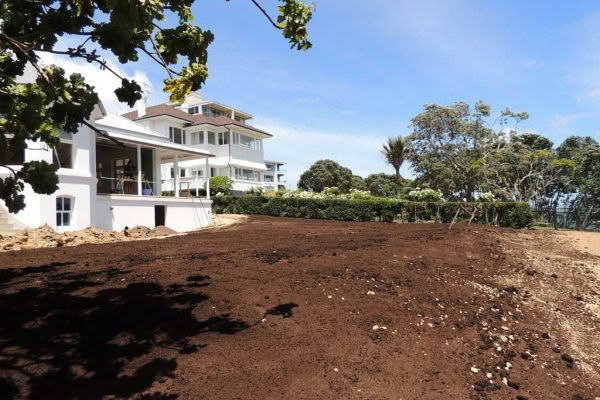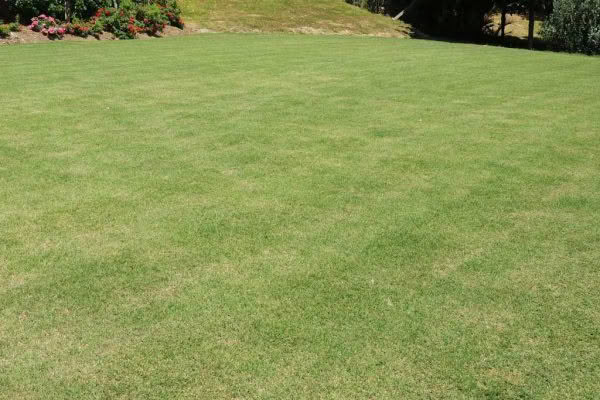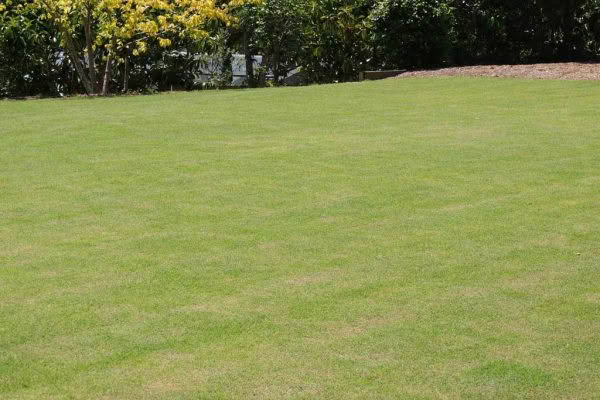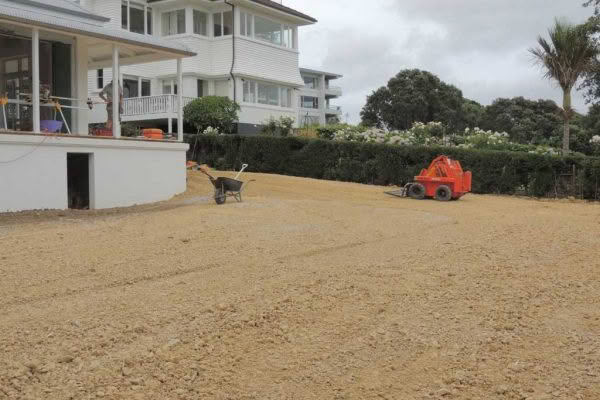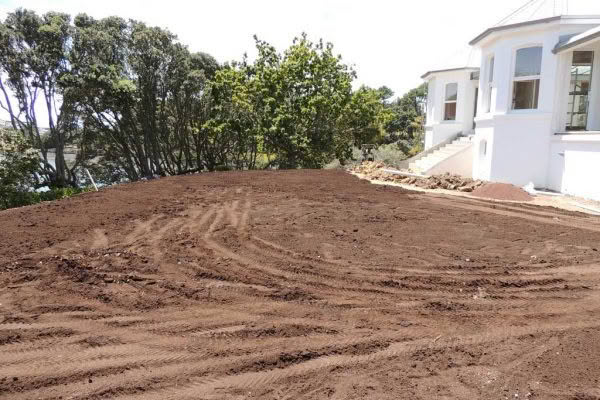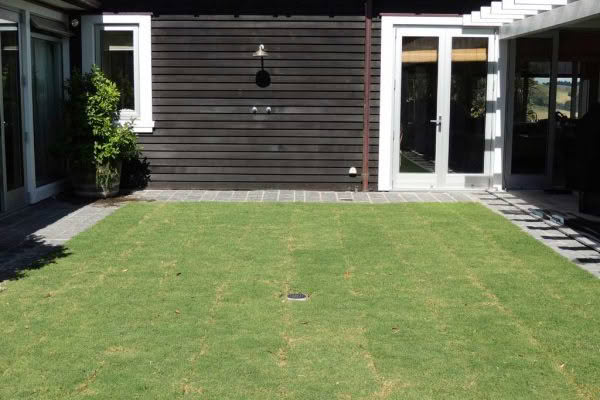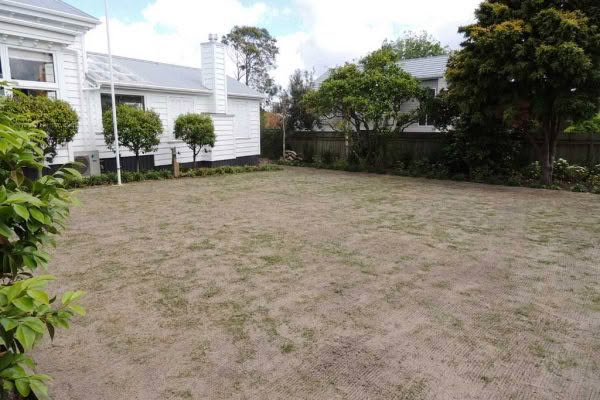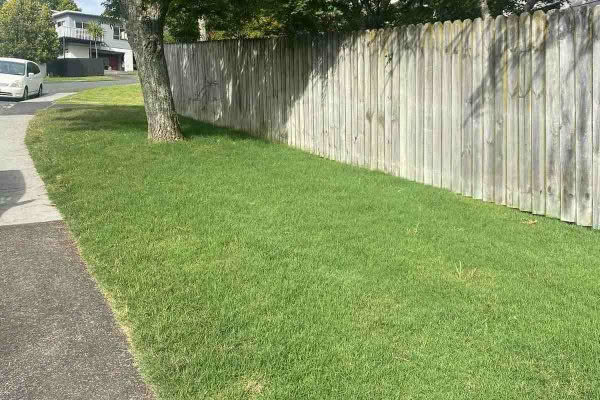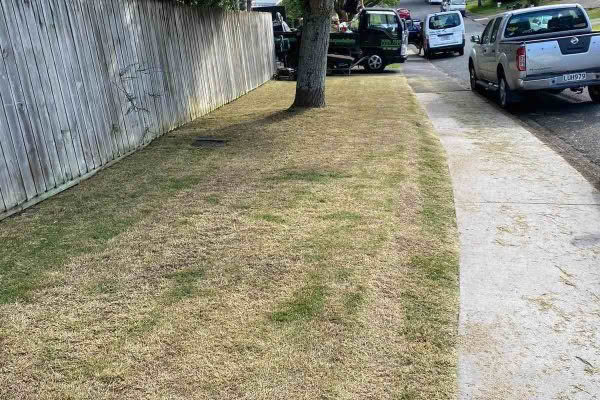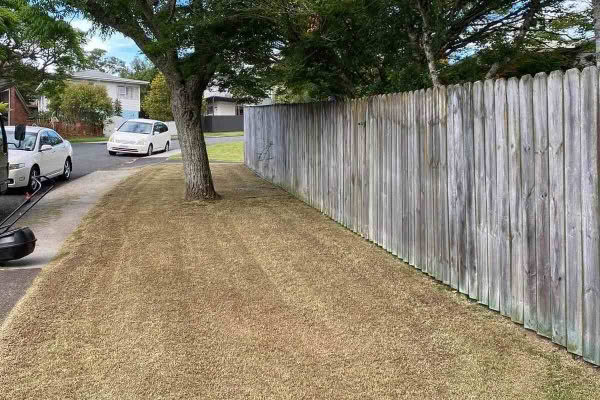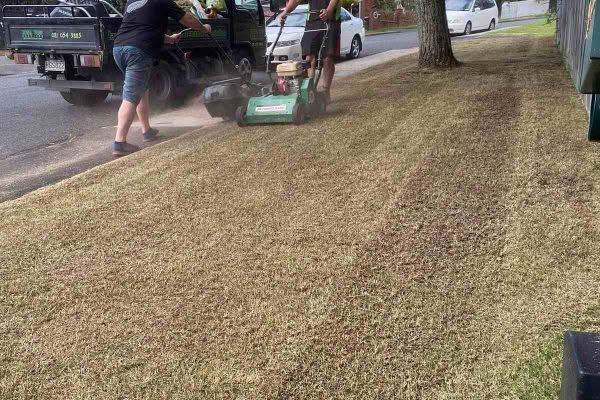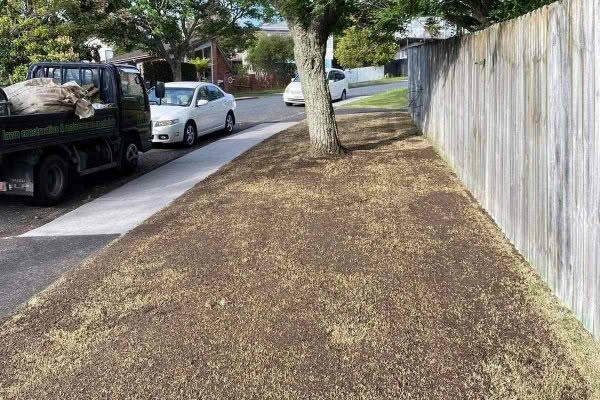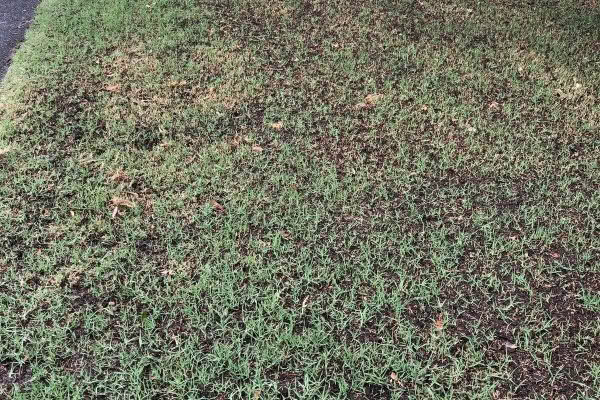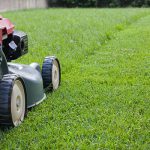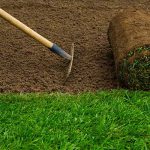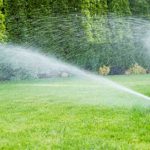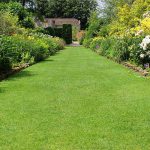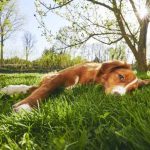What grass variety is most suitable?
New Couch Grass :- NEW WINTER ACTIVE COUCH VARIETIES
In the past Couch grass has been referred to as a weed type grass by some people who really do not understand this grass species, and because of its invasive growth into gardens.
Up till now it hasn’t performed well in cooler conditions (Winter/Frosts) … where it has lost colour during these periods … what happens when the temperatures get cold it loses colour … this is the couch grass going into dormancy … we have had some clients think that the couch is dying … this is not the case … once temperatures rise the couch quickly recovers … showing how hardy this grass species can be.
Imagine if the couch grass could stay green all year round … what a game changer that would be
Well, we are very excited to say … the game has changed
The Americans have been working with different types of couch grasses … to try and breed a winter active couch … which they have achieved … we now have a winter active couch grass in a turf form that we have been using for about 2 years as installs … it has certainly ticked all the boxes … we have found that it has: –
- Very High Drought Tolerance
- Salt Tolerance
- Frost Tolerance
- Good Colour – Fine Leaf
- Hardy/Self-Recovering
- Winter Active
- Easy to keep clean from other undesirable grasses – like Paspalum/Kikuyu/Poa annua
We have also started to use a certain new American variety of the couch seed … this is the first season we have used these variety … which says it performs well over winter period … we are looking forward to see how well it performs after our next winter of 2022 … but what we have found so far … it germinates within 12 days if well-watered (some even early), it has good colour … it will have the same characteristics of other couch grasses: –
- Drought Tolerance
- Salt Tolerance
- Good Colour/Fine Leaf
- Hardy/Self-Recovering
- Easy to keep clean from other undesirable grasses – like Paspalum/Kikuyu/Poa annua
We are just waiting to see how well it performs over its first winter in Auckland … I believe if it does do well … this would be a more cost-effective way to establish a couch lawn
Why do we think this grass variety is a game changer … if your property has good sunlight, it will probably suit a couch type grass species … we have experienced water restrictions in Auckland … and even though we have had some good rainfall this year, I do believe with the building infrastructure continuing to grow daily … watering a lawn is going to be a luxury … so going forward we need to be thinking of using a grass type that requires less or no watering.
People in the past have been put off using couch grass for their properties due to the winter dormancy and no frost tolerance … now you have a variety that will stay green all year round … requiring less water and less maintenance.
View the old variety of couch grass that we recently renovated on our neighbours verge … we installed this couch to show clients what couch looks like … we give this couch grass very little love … we mow it on average 20 times per year, we give it no irrigation apart from natural rainfall, weed spray twice per year and fertilise 4 times per year … we treat it rough … to show how hardy and self-recovering it is
We recently gave the lawn a renovation … this included mowing the lawn down to ground level, dethatching the lawn and top dressing it … all we applied was some wetting granules and some fertiliser.
In the photos you will see how quickly it recovers … in the first 10 days, it had no water applied to it.
Tall Fescue :- Lush green carpet grass, tolerates shade, has some limited drought tolerance, requires watering through the summer but limited winter growth – highly recommended species for Auckland.
Fine Fescue :- Fine Fescue over the last 5 years the blends have vastly improved to suit the Auckland weather conditions (Humidity) and the benefit of have Fine Fescue is the ability to remove undesirable grasses such as Kikuyu/Paspalum/Crowsfoot/Couch plus Rye and Tall Fescue grasses … giving you the ability to have a clean lawn.
Biggest issue for Fine Fescue in Auckland is over watering and night watering … the humid overnight conditions can cause fungus disease … but if watered early morning and the use of a wetting granule to reduce the amount of water usage Fine Fescue can be the visual lawn you require.
Rye Grass :- Used mainly on sports field applications throughout Australasia and is favoured for winter sports as it has positive winter recovery. Has no shade tolerance and requires regular irrigation. – Works in Auckland in full sun but requires daily watering throughout summer.
Kikuyu Grass :- Now available in an instant form and enjoys the same characteristics and conditions as Couch
Mixed Blends :- If possible, we make every endeavour to stay away from blending different varieties of grass seed. It is much more expensive to control undesirable species of grasses/weeds and can create quite serious problems such as burning the chosen species through the application of chemicals and such in order to eradicate undesirable weeds/ grasses etc.
KEY POINTS FOR A GOOD LAWN:
Grass type is essential … your site/property will determine what is best type of grass for your installation or construction … is it shady or is it in full or partial sun …. This will determine your best grass type.
But the key element is what your grass is growing in … a good lawn base with good nutrient and good ph. Levels goes towards you having a good lawn … deep healthy roots mean a good healthy plant.
Healthy roots aid moisture retention … and less disease.
With a Total Turf Services lawn maintenance program, we insure that we are constantly applying quality products into the lawn base … this will increase the longevity of your lawn … plus regular dethatching (annually or every other year) to remove thatch layer is also essential.
Following preparation, grass type is the next most important decision. Each site can have different requirements such as – beach front, shady, full sun, children, pets etc. All of these factors need to be considered in order to determine the correct species of grass for the specific application. Budget constraints are also a factor in deciding grass species. For example, the installation of an irrigation system for watering during summer as compared to installing a more drought tolerant grass that requires little or no watering.

